What is the true meaning of ‘freedom’, only a person suffering the brunt of exile can know better. A soldier standing on the border can know or he/she who has lost thirty-six springs of his/her life imprisonment. The air we breathe in a free country, and our safe borders of ours are the only (true meaning) of this 'freedom'. But, if we turn into a relaxed zone and feel thinking that it is our innate right, then we are far from understanding the philosophy of 'freedom'. Every citizen of India must commit to keeping it intact. Thinking it then stops on some 'on', why the need for words like borders and security! Why we have not been able to implement the concept of 'Vasudhaiva Kutumbakam' till now? In this journey, many words have lost their meaning and layers of dust have settled on many. We will have to remove them or at least have to start turning on that track of new India in this Azadi Ka Amrit Mahotsava. As we all are celebrating glorious 75 years of our Independence from Colonial rule and entering into 76th year of independence, we all have a common as well as an individual responsibility that on one hand, we are celebrating our Azadi (freedom) as Amrit (Nectar element), but on the other, we as a nation have to combat with Vish (poison) persistent in our country in various forms of irregularities, corruption and others maladies which combined pushing us away from our duties/fundamental duties which is not only an integral part of Azadi but also a true companion of fundamental rights.
I am not saying and quoting these things in sentiments, rather these national festivals especially create a thrill and sadness mixed with excitement. There is a lot that has to be done, so the journey after that one important and historic step has to be continued. We as Indians have to acquire our ability to recite “Jana-Gana-Mana”, and have to cross all limits by being constantly aware of our fundamental duties and rights. Only then, we will be able to understand the meaning of freedom. Each Indian, every class/religion/sect, etc. should be painted in the same colour, so that all boundaries of discrimination are removed. May the joy of this festival of freedom (Azadi ka Amrit Mahotsava) overwhelm all the challenges, excesses, envy, limitations and misfortunes because we don't know how many people are in the world, who are searching for or looking to return to their motherland or sitting in vain in the world.
This glorious Azadi Mahotsava is an opportunity for all of us to understand the real meaning of freedom. Freedom is such a balanced choice of a life of a citizen, in which s(he) has the right to sovereignty, s(he) can freely express his/her views, experience respect, and s(he) has due participation in the system. And, who can better understand this than the citizen of the largest democracy, which has very recently elected it's maiden lady tribal (Santhal Tribe) President.
This means freedom applies to different aspects of life. Freedom is not something that comes for free. For this one has to fight. Enjoying our freedom does not mean that we ignore the rights of others. In fact, the way we feel right and it is also in larger public/community/societal interest, this kind of living is 'freedom'. A person, who is in captivity, cannot be free in mind. Therefore, s(he) cannot enjoy the pleasant music of a group of birds singing at sunset or the beauty of the beautiful moon rising in the sky, as an independent person can. For a prisoner, being out of jail means 'freedom'.
But, freedom is certainly a broader concept from the social perspective, in which a person is free to follow the social customs and laws of the land in a free environment. Any society can give absolute freedom to its entire people only in relative form. This is because if everyone in the society does whatever they want to do, even if it is wrong, it will be anarchy. That is, there are some rules and regulations in freedom as well.
Today's new civilization is bringing with it a new family relationship, a way of working, a new way of life, a new scientific system, a new political struggle, and above all a new changed consciousness, which allows people to share their thoughts and in the society providing power to bring positive change.
Thus, 'right to liberty' broadly means - to be where one wants to live; whoever wants to eat, eat; who wants to learn, learn; freedom and freedom in the religion he believes in is such that a person who believes in these beliefs can believe in his/her views without ignoring or harming the rights of others.
'Needless to say that after getting independence, India developed at a new rate and touched many heights. In the new era, many types of challenges are now emerging, which are constantly being tried by the government to deal with them. The spirit of “Indian pandemic federalism”, shown during combat with global pandemic Covid-19, Digital India giving our country a new technical edge on the domestic and international front, Smart Cities Mission turning our engines of growth i.e. cities into sustainable smart habitation hub, several flagship schemes brought by Union and States government contributing in the upliftment of their economic and social status or in other words making them free (aazad) with poverty, these all are a new dimension of freedom being in the shoes of a free Indian citizen. Also, a series of inclusive schemes targeting half population, of marginalized communities have inculcated a new meaning of Azadi (freedom) among them, which not only makes them dream bigger but also, turns those dreams into real actions.
Nevertheless, today's India needs to work fast to get rid of corruption, poverty, pollution, malnutrition etc. Dependent economic freedom is the only proven reason for long-term progress, paving the way for people to break free from poverty. Also, the extensive rise of the use of technology has also given rise to the virtual world or cyber world and apart from ‘citizen’ a new word has to get popularized i.e. ‘netizens’. This further gave rise to the concept or space of virtual freedom/social media freedom, which is undoubtedly like a do dhaari talwar (double edged sword).
However, on the completion of seventy-five years of independence, the Government of India announced the celebration of 'Amrit Festival'. On this occasion, it would be appropriate to examine the themes and personalities and ideas related to India's 'independence' from a different angle. Naturally, these are the 'meanings of freedom' - 'mutual unity', 'harmony' and 'fraternity'.
(Nayan is presently a Smart Cities Fellow-India Smart Cities Fellowship Program, NIUA-MOHUA, Government of India.)







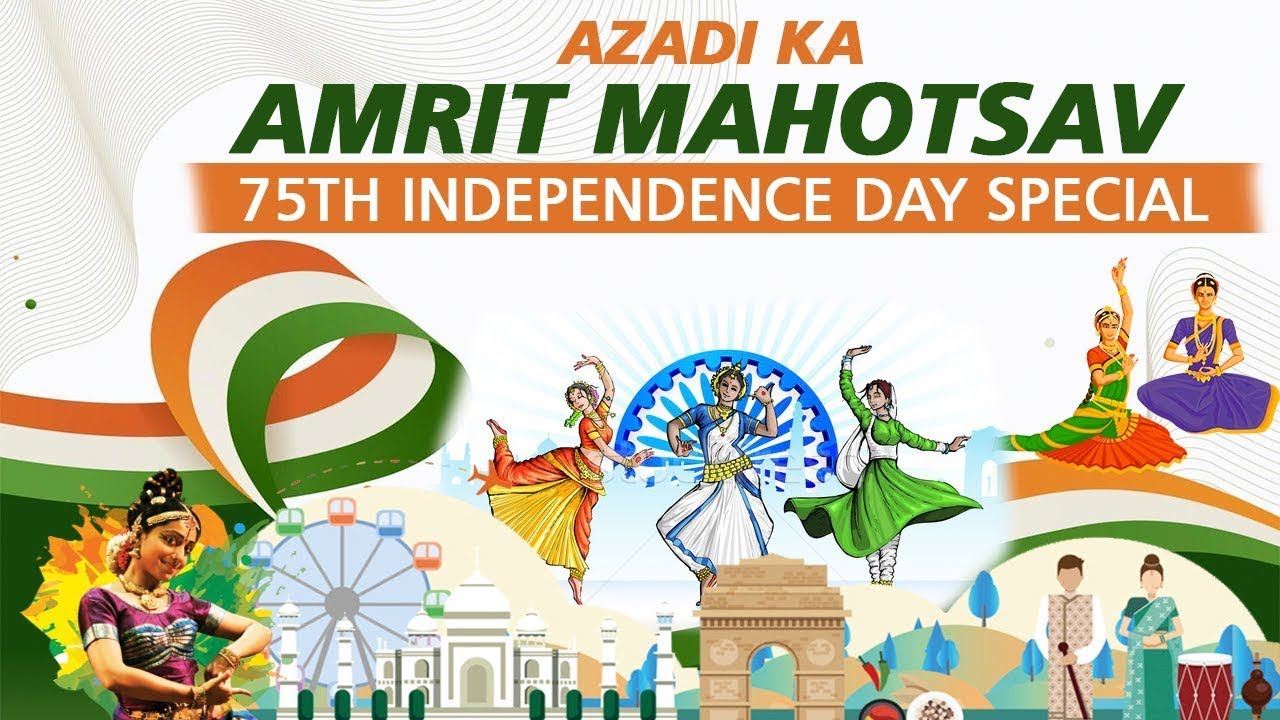
 OpinionExpress.In
OpinionExpress.In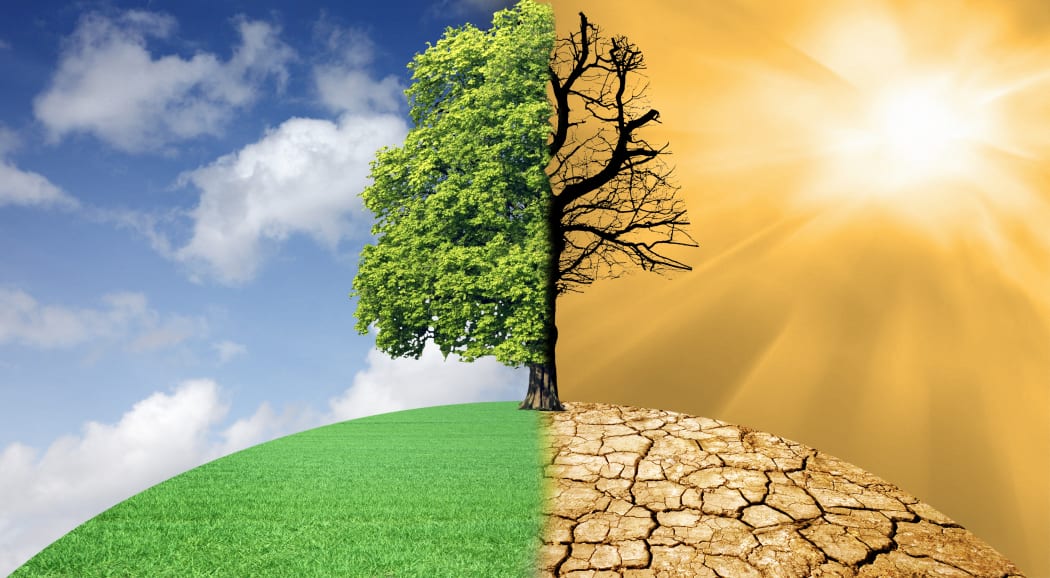
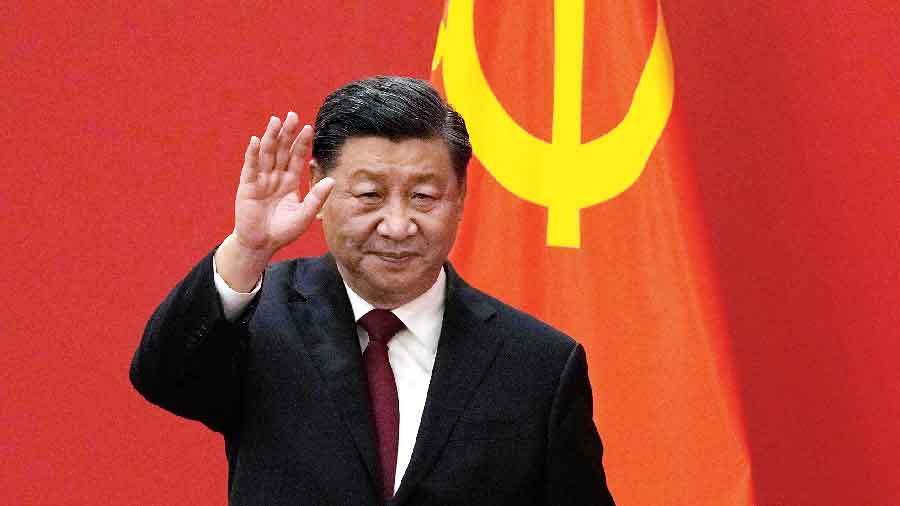

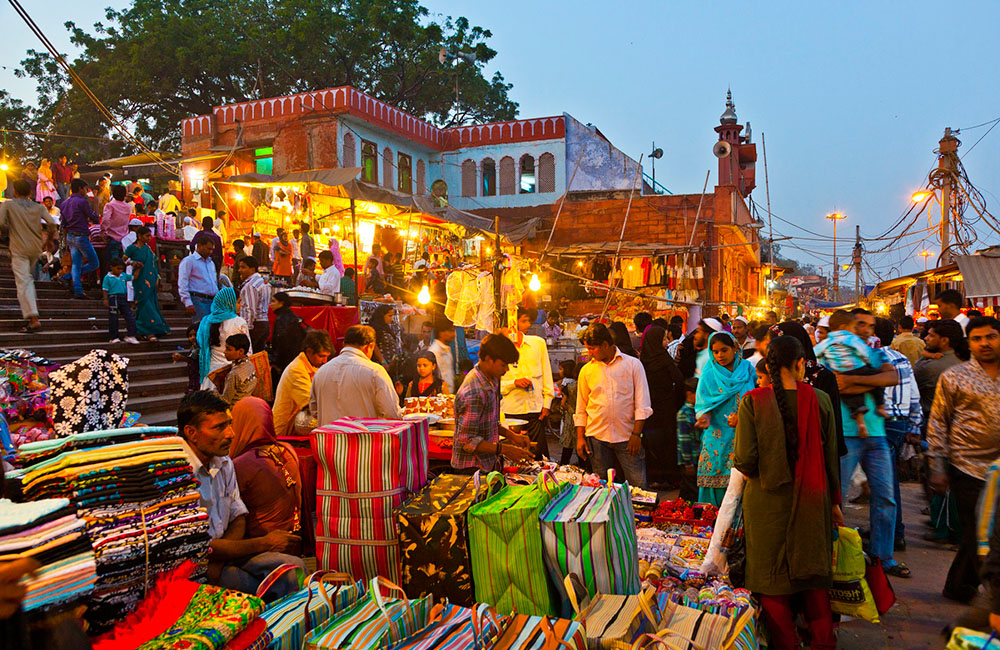
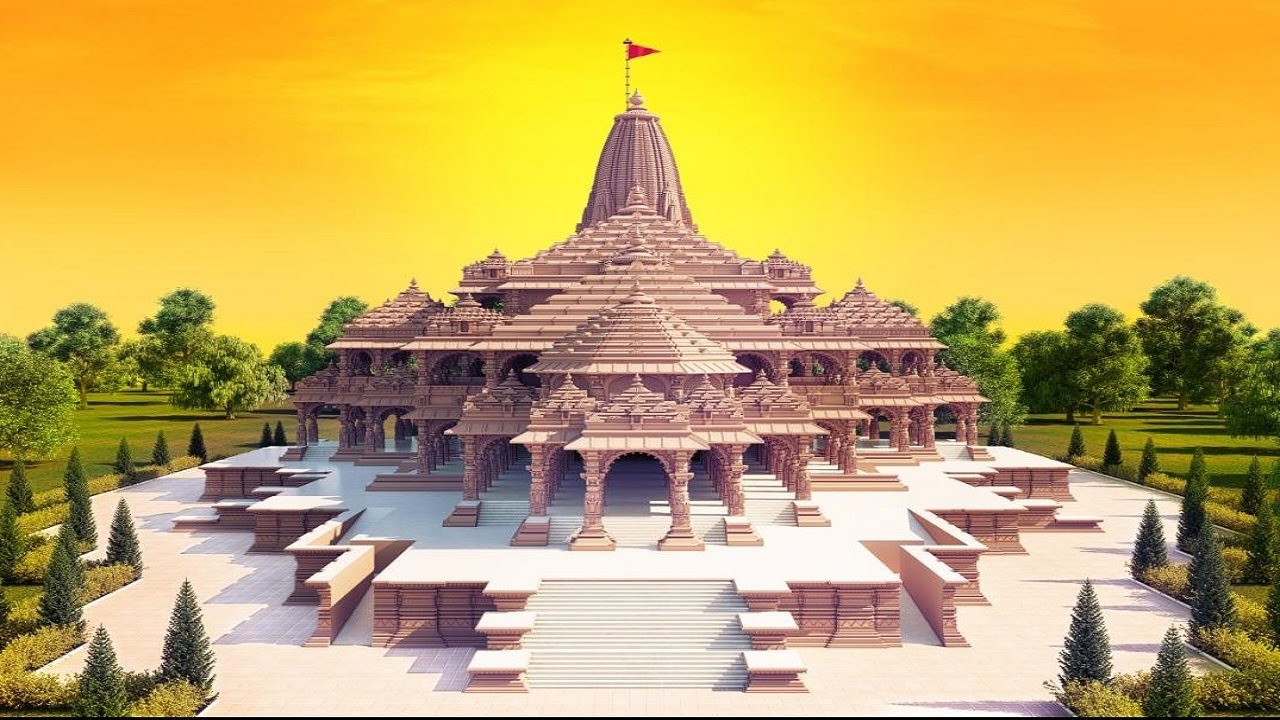
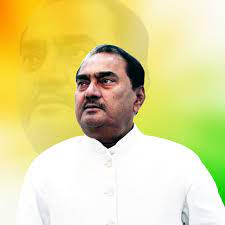
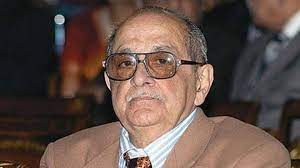
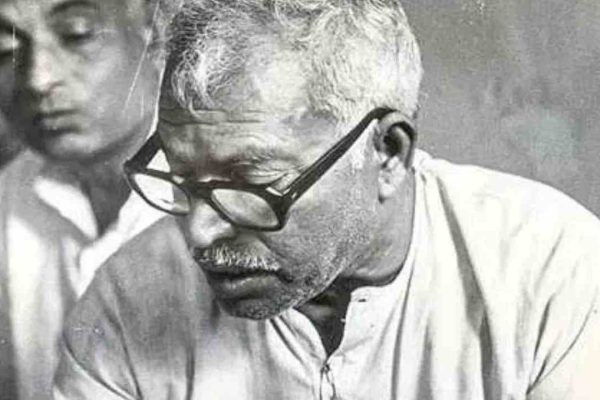
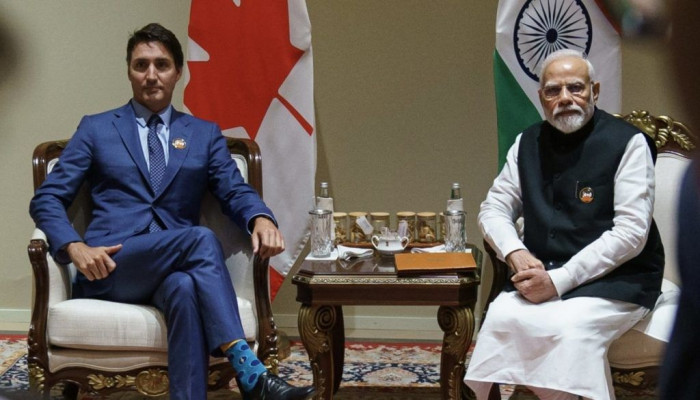
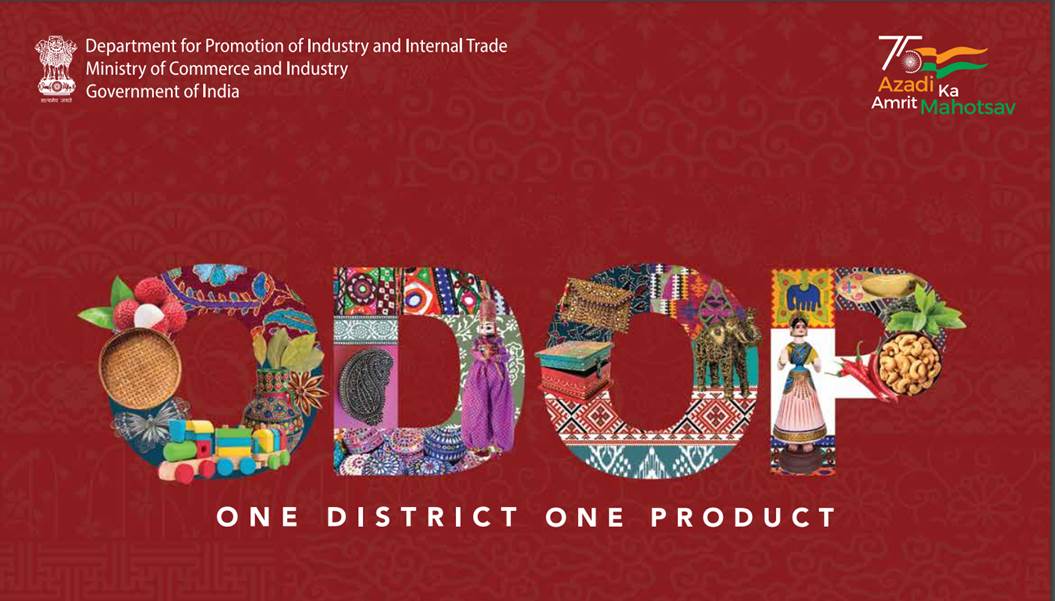






Comments (0)